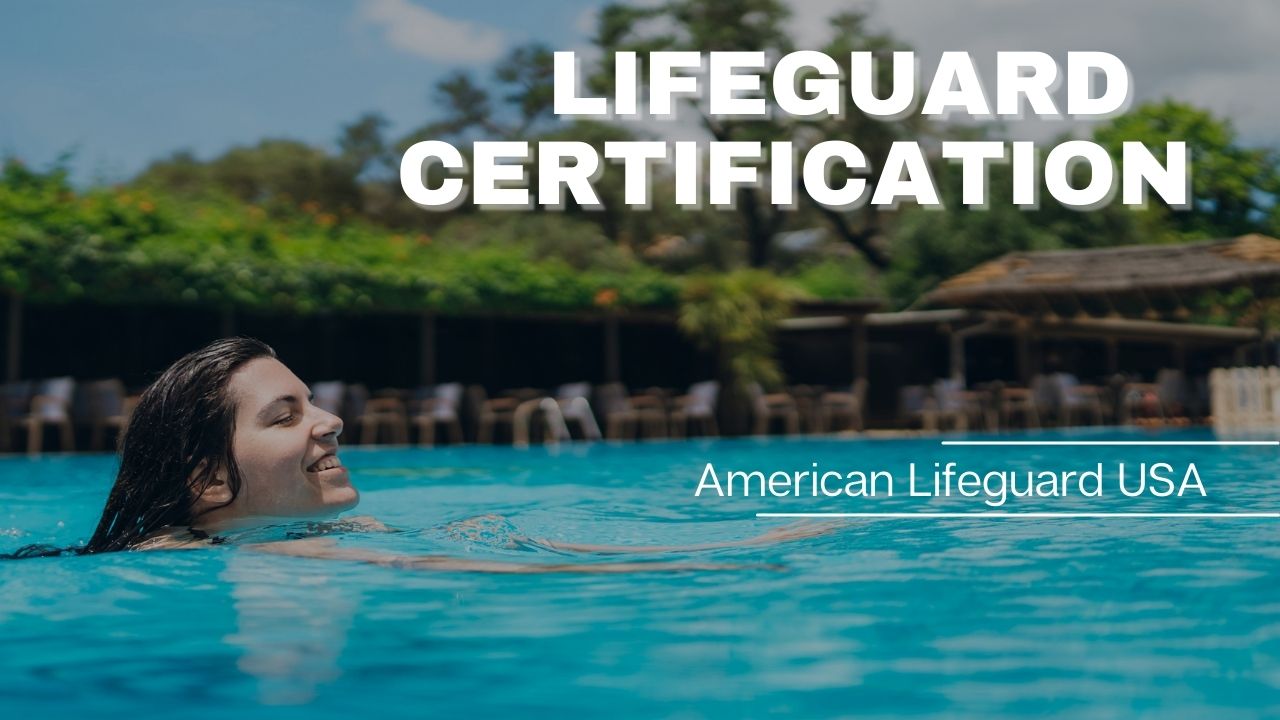Lifeguard certification is an essential qualification for individuals responsible for ensuring the safety of swimmers and beachgoers. The role of a lifeguard is critical in preventing water-related accidents and saving lives in emergencies.
This certification is not only a symbol of competence but also a legal requirement in many places. In this article, we will explore who can obtain lifeguard certification and why it is crucial for a diverse range of individuals.
Who Can Obtain Lifeguard Certification?
Age Requirements
One of the primary criteria for obtaining lifeguard certification is meeting the minimum age requirement. While the age requirement can vary depending on the certification program and the location, it is typically set at 15 years old. This age limit ensures that lifeguards have the physical and emotional maturity necessary to handle the responsibilities of the role effectively.
Physical Fitness
Lifeguards must maintain a high level of physical fitness. The certification process includes rigorous physical tests to ensure candidates can meet the demands of the job. These tests typically assess a candidate’s endurance, swimming ability, strength, and overall fitness level. Candidates must be in good health and free from any medical conditions that may hinder their ability to perform the job.
Swimming Skills
Lifeguard certification programs require candidates to have excellent swimming skills. They must demonstrate proficiency in various swimming techniques, such as front crawl, backstroke, breaststroke, and sidestroke.
Additionally, candidates need to complete timed swimming tests to prove their ability to swim long distances and tow a victim to safety if necessary.
Training and Certification Programs
To become a certified lifeguard, candidates must complete a comprehensive training program. These programs are usually offered by organizations like the American Lifeguard. The program covers a wide range of topics, including water rescue techniques, first aid, CPR (Cardiopulmonary Resuscitation), AED (Automated External Defibrillator) use, and emergency response protocols. The exact curriculum may vary depending on the certifying organization.
Mental Preparedness
In addition to physical fitness and swimming skills, lifeguards must also possess strong mental attributes. This includes the ability to remain calm under pressure, make quick decisions, and communicate effectively in stressful situations. Lifeguards must stay vigilant and focused on their duties to respond promptly to any emergencies that may arise.
Legal and Ethical Requirements
Lifeguards are responsible for the safety of the public, and they must adhere to legal and ethical standards. This includes knowing the specific rules and regulations governing the facility where they work, respecting the rights and dignity of all patrons, and maintaining the confidentiality of any sensitive information they may encounter in the course of their duties.
Why Lifeguard Certification is Crucial
Water Safety
Lifeguards are crucial for maintaining water safety in a variety of settings, such as public swimming pools, water parks, beaches, and lakes. Their presence and vigilance can prevent accidents and save lives. Drowning is a leading cause of accidental death worldwide, and lifeguards play a critical role in reducing these statistics.
Rapid Response
Lifeguards are trained to respond quickly and effectively to emergencies. This includes rescuing swimmers in distress, administering first aid, and performing CPR when needed. The skills they acquire through certification can make the difference between life and death in water-related incidents.
Legal Requirements
In many places, lifeguard certification is not just a recommendation but a legal requirement for individuals working as lifeguards. Employers and facility managers are often obligated to hire certified lifeguards to ensure they are adequately trained to handle emergencies. Failure to comply with these regulations can result in legal consequences for employers and compromised safety for patrons.
Professional Development
Obtaining lifeguard certification is not only about meeting minimum requirements but also about professional development. Lifeguards gain valuable skills that can be used throughout their lives, whether they continue to work in aquatics or pursue other career paths. The training and experience gained through lifeguard certification can be a stepping stone to various professions in healthcare, emergency services, and teaching.
Lifelong Learning
Certified lifeguards are encouraged to engage in ongoing training and professional development to maintain their skills and stay updated on the latest safety and rescue techniques. This commitment to continuous learning is not only beneficial for the lifeguard but also enhances the safety of those they are responsible for.
Conclusion
Lifeguard certification is a valuable qualification that ensures the safety and well-being of individuals in and around water. It is not limited to a specific age group or background; rather, it is open to those who meet the physical, mental, and ethical requirements. The certification process equips individuals with the necessary skills and knowledge to respond to water-related emergencies effectively.
Whether you are a teenager looking for a part-time summer job, a fitness enthusiast interested in water safety, or someone considering a career in emergency services, obtaining lifeguard certification is a critical step that can have a lasting impact on your life and the lives of others.


